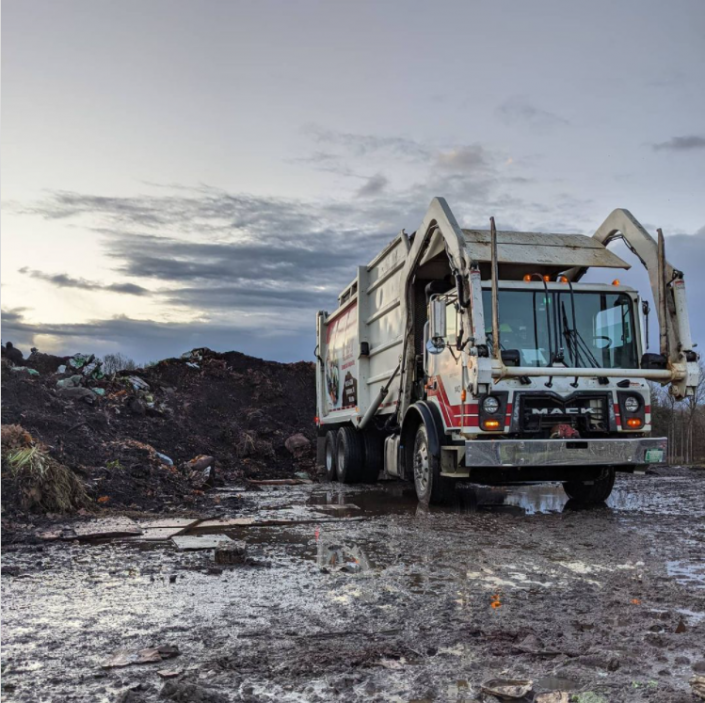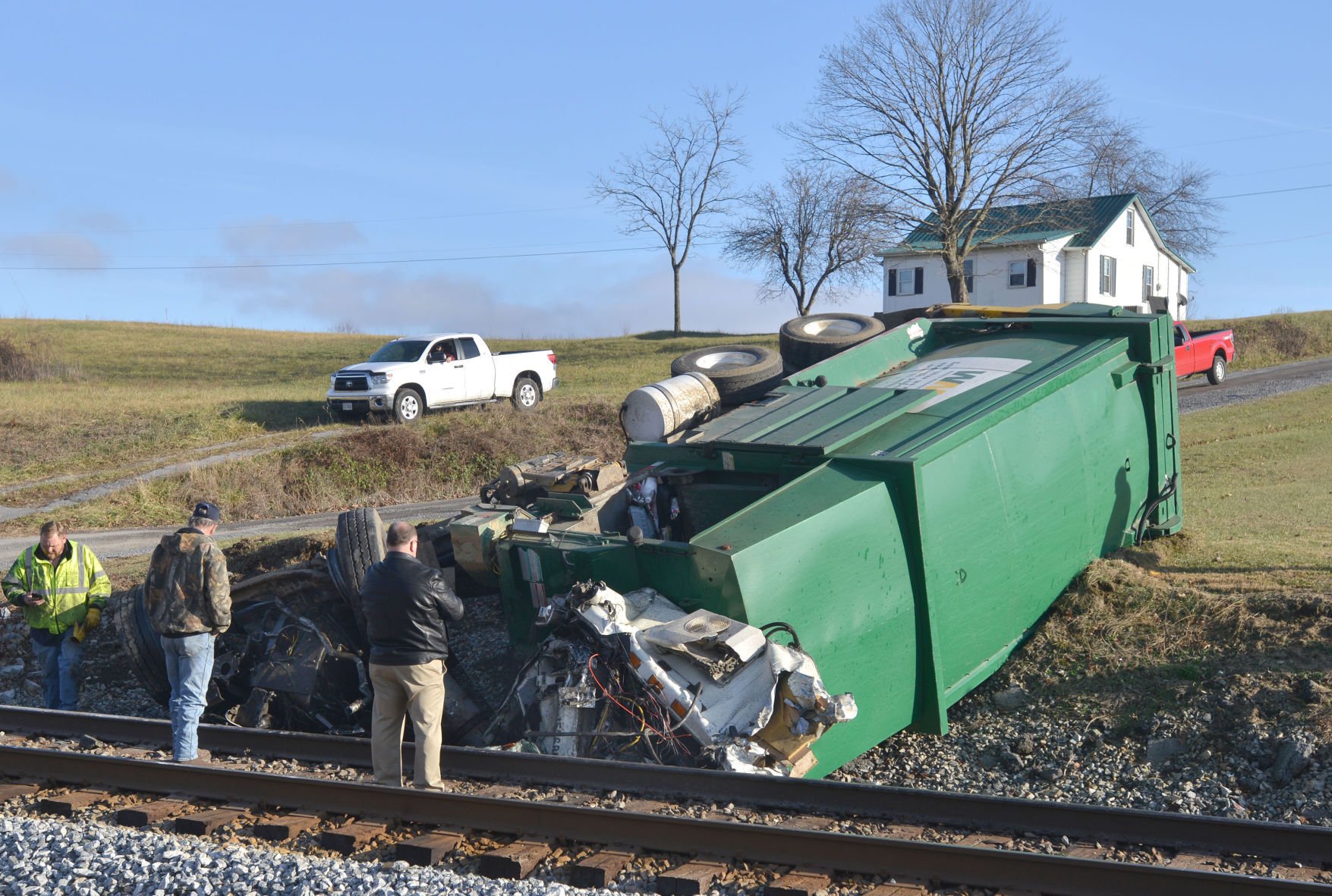
GARBAGE TRUCK DRIVER JOBS ALBERTVILLE DRIVERS
GARBAGE TRUCK DRIVER JOBS ALBERTVILLE DRIVER
Tanker drivers ( tank truck drivers in truck driver slang, tanker yankers "tankies") haul liquids, such as gasoline (petrol), diesel fuel, milk, and crude oil, and dry bulk materials, such as plastics, sugar, flour, and cement in tanks.Team drivers refer to pairs of drivers who take turns driving the same truck in shifts (sometimes spouses), or several people in different states who split up the haul (line haul) to avoid being away from home for long periods.Special permits are required to transport oversize shipments. Oversize load drivers transport oversize loads that exceed standard regulations.For time-critical loads, companies may opt to employ team drivers to cover more miles than a single driver. Interstate drivers (otherwise known as "over-the-road" or "long-haul" drivers) often cover distances of thousands of miles and are away from home for days, weeks, or even months on end.

Regional drivers may work over several states near their homes and may be away from home for short periods.Household goods drivers, or bedbuggers, haul personal effects for families moving from one home to another.These areas may include crossing state lines, but drivers usually return home daily. Local drivers work only within the limits of their local areas.Reefer drivers haul refrigerated, temperature-sensitive, or frozen goods.LTL drivers (location-to-location) or "less than truck load" generally refers to localized delivery jobs where goods are delivered by the driver at multiple locations, sometimes involving the pulling of double- or triple-trailer combinations.Drivers require the ability to balance the load correctly. Flatbed drivers haul an assortment of large bulky items, such as tanks, steel pipes, or lumber.

Commonly known among truckers as Flow Boys. They have specialized trailers which enable them to use pressurized air to unload their products. Dry bulk pneumatic drivers haul bulk sand, salt, and cement, among other things.Contents may be perishable or nonperishable goods. Dry van drivers haul the majority of goods over highways in large trailers.Boats wider than 8 feet 6 inches (2.59 m) or 13 feet 6 inches (4.11 m) require permits to move and are considered oversize loads. Boat haulers move boats ranging in size from 10-foot-long (3.0 m) bass boats to full-size yachts up to 60 ft long (18 m) using specialized low boy trailers that can be set up for each size of boat.Auto haulers transport cars on specially built trailers and require specific skills to load and operate specialized trailers.Owner-operators, owner-drivers, and company drivers can be in these categories:

cooking, making hot drinks) and customer service Truck drivers work closely with warehouse associates and warehouse workers who assist in loading and unloading shipments. Others, such as driver/sales workers, are also responsible for sales, completing additional services such as cleaning, preparation, and entertaining (e.g.

Truck drivers are responsible for inspecting their vehicles for mechanical items or issues relating to safe operation. Truck drivers provide an essential service to industrialized societies by transporting finished goods and raw materials over land, typically to and from manufacturing plants, retail, and distribution centers. A truck driver (commonly referred to as a trucker, teamster, or driver in the United States and Canada a truckie in Australia and New Zealand a HGV driver in the United Kingdom, Ireland and the European Union, a lorry driver, or driver in the United Kingdom, Ireland, India, Nepal, Pakistan, Malaysia and Singapore) is a person who earns a living as the driver of a truck, which is commonly defined as a large goods vehicle ( LGV) or heavy goods vehicle ( HGV) (usually a semi truck, box truck, or dump truck).


 0 kommentar(er)
0 kommentar(er)
